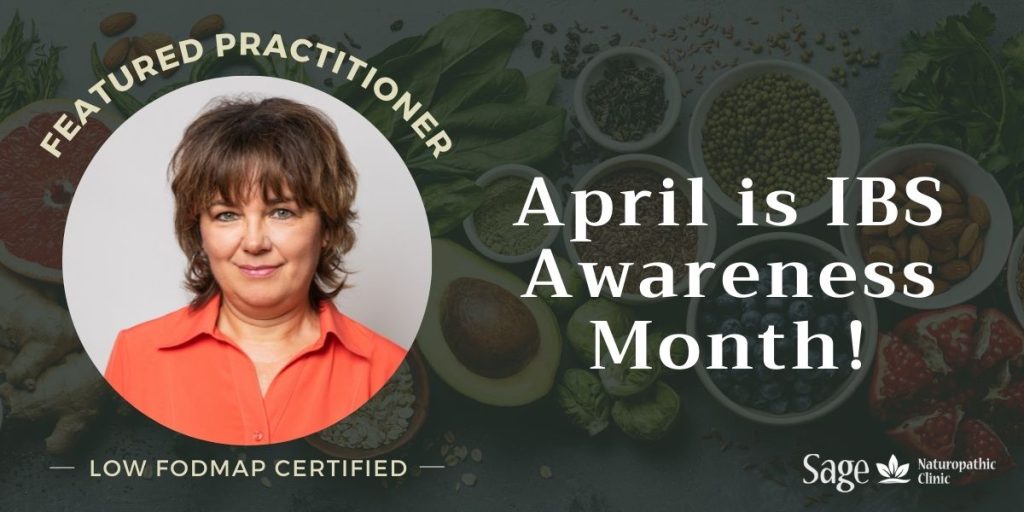IBS and the LOW FODMAP diet
The low FODMAP diet refers to a diet that restricts foods that are high in fermentable sugars that can cause gastrointestinal distress. It was developed by researchers at Monash University, in Melbourne, Australia. The diet is often recommended for patients that have irritable bowel syndrome. FODMAPs stands for fermentable oligosaccharides, disaccharides, monosaccharides, and polyols. Foods high in FODMAPS can cause a variety of symptoms in sensitive people.
These include:
- Bloating
- Cramping
- Constipation
- Diarrhea
- Gas
The diet consists of three phases:
Phase 1: Restriction
This phase lasts from 2-4 weeks and eliminates high FODMAP foods. Often, people will notice an improvement in their symptoms within a week.
Phase 2: Reintroduction
After the restriction phase, higher FODMAP foods are reintroduced, one category of FODMAP at a time, and in limited quantities.
Phase 3: Personalization
After reintroducing the high FODMAP foods and determining and identifying any triggers, the diet is personalized to include higher FODMAP foods that are well tolerated and to eliminate the foods that aggravate symptoms.
The diet can be difficult to navigate. I always recommend that patients work with a practitioner that has been certified in the low FODMAP diet by the Monash University to ensure that the diet is done safely and properly.
